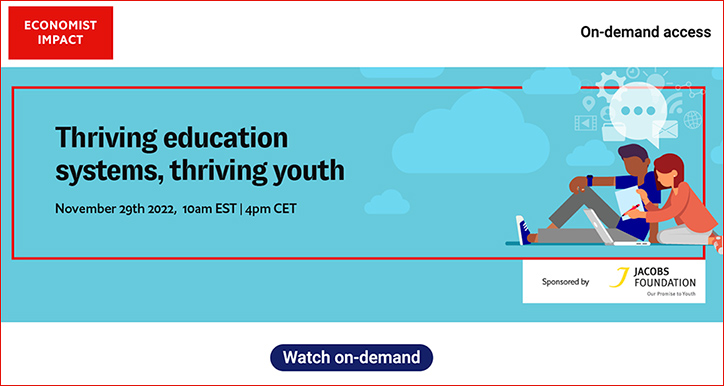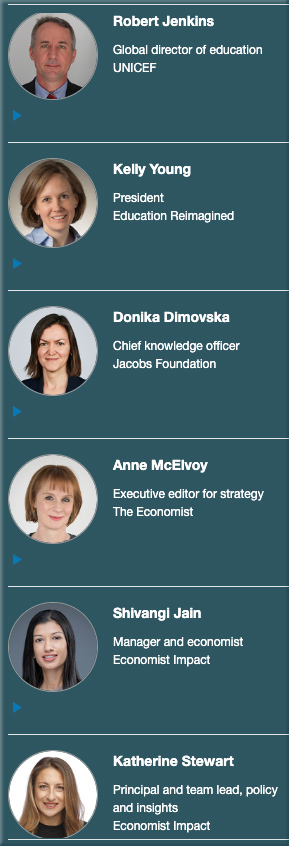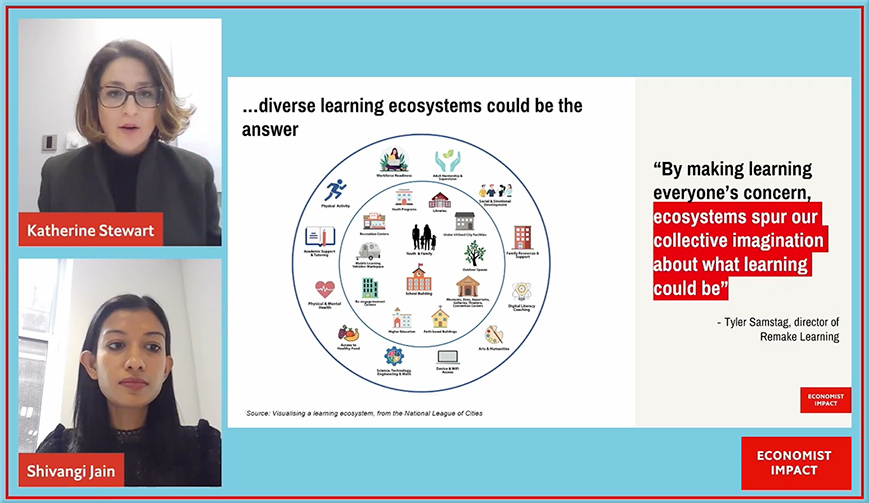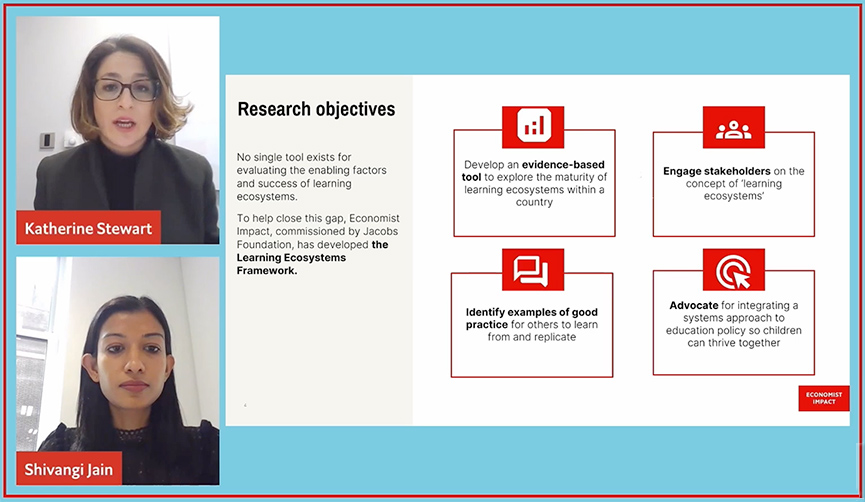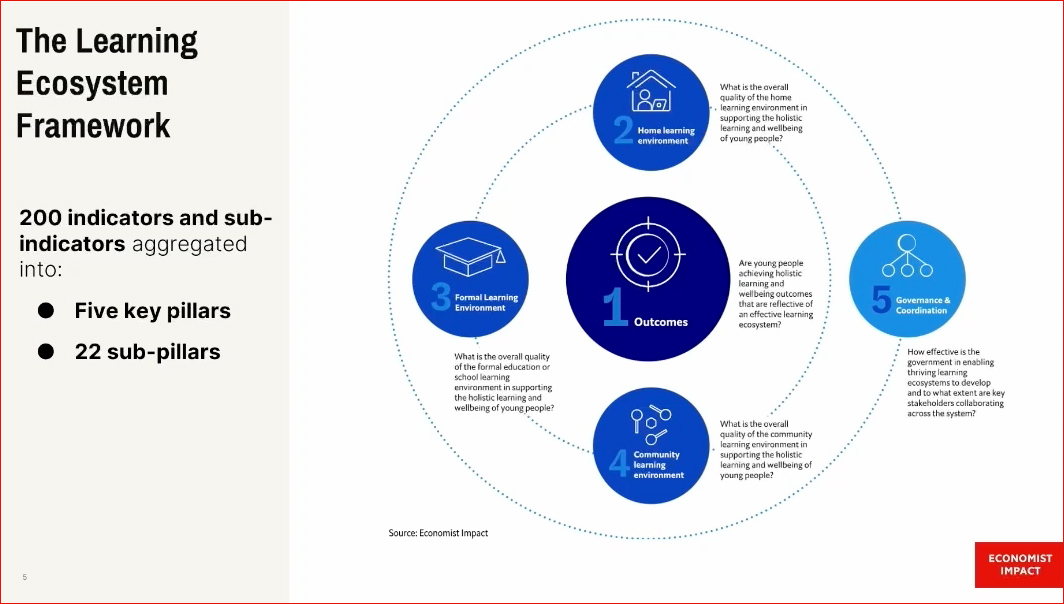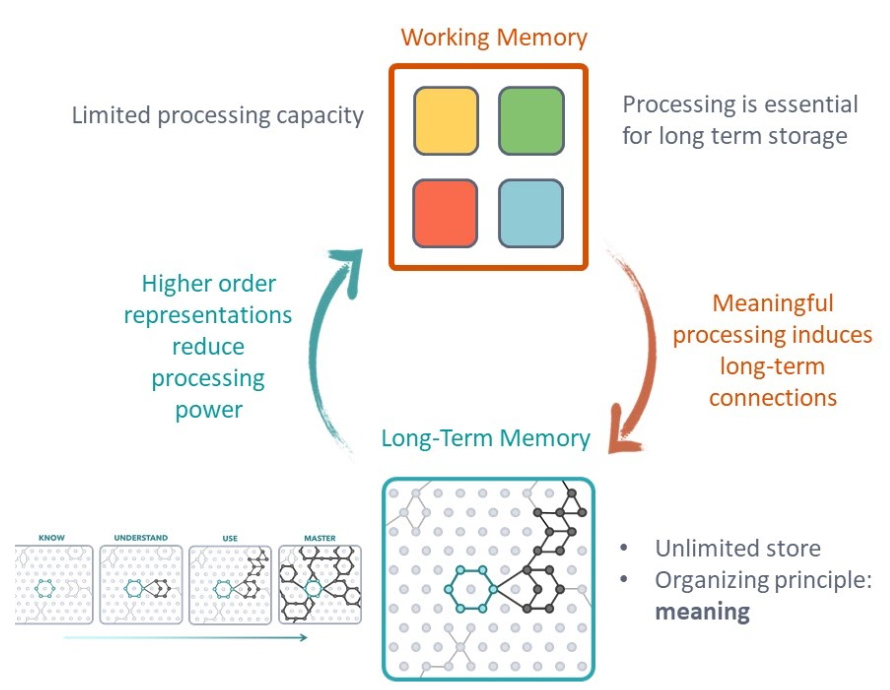When Colleges Close, Students Aren’t Likely to Re-Enroll — from insidehighered.com by Johanna Alonso
Data from the National Student Clearinghouse show that fewer than half of students attending an institution that closes transfer to another institution.
Excerpt:
The study, produced by the National Student Clearinghouse and the State Higher Education Executive Officers Association, followed 143,215 students who were enrolled in 467 institutions that closed between July 1, 2004, and June 30, 2020. Those that closed generally enrolled larger populations of students of color than institutions that remained open—55 percent versus 46.4 percent—and more Pell Grant recipients as well.
Just under half the students whose institutions closed—47.1 percent—re-enrolled at another college or university. Of those who re-enrolled, only 36.8 percent went on to earn a credential; 52.9 percent dropped out, and 10.4 percent were still enrolled as of February 2022. Students of color, male students and non-traditional-aged students were the least likely to re-enroll and complete a credential.
“Once it becomes likely an institution will close, states need to ensure teach-out agreements are in place to provide all students with a pathway for completing their credentials,” the study reads. “Additionally, states need to thoroughly vet the teach-out institutions to ensure they are capable of completing the terms of the teach-out agreement and are financially viable.”
When Campuses Close, Most of Their Students Are Stuck Without the Credentials They Wanted — from chronicle.com by Katherine Mangan
Excerpt:
Nearly three-quarters of the students whose colleges closed between 2004 and 2020 were stranded without adequate warning or plans to help them finish their degrees, and fewer than half of those students ended up re-enrolling in any postsecondary programs, according to a report released Tuesday.
Hardest hit were Black and Hispanic students enrolled in for-profit institutions. “Their schools’ closing effectively closed the doors on the students’ educational dreams,” Doug Shapiro, executive director of the National Student Clearinghouse Research Center, said in a briefing with reporters.
The research center worked with the State Higher Education Executive Officers Association, also known as SHEEO, on a series of three reports that will examine the impact of college closures on students and how states can better protect those whose education plans are disrupted.
‘Universities must engage in lifelong learning’ – UNESCO — from thepienews.com by Helen Packer
The future of universities depends on their ability to provide ‘lifelong learning’ that equips non-traditional students with in-demand skills, UNESCO warned last week.
Excerpt:
David Atchoarena, director of the UNESCO Institute for Lifelong Learning, called on universities to engage with continuing and adult education at the first Global Lifelong Learning Summit held in Singapore in November.
“As we face salient changes in citizenship, climate change, health and wellbeing, among others, more countries are seeing the increasing importance of lifelong learning and are putting measures and strategies to make it a reality,” said Atchoarena, later adding that universities should “really define their mission so that they play their role”.
New Study Details Challenges Facing Native Students, and How to Address Them — from the74million.org by Angelique Albert
Albert: From funding for tuition to housing, food aid and financial literacy training, what schools can do to make education truly affordable
Excerpt:
A newly released National Study on College Affordability for Indigenous Students brings much-needed visibility to this disparity, which has long been ignored in the public dialogue about educational access. The report provides comprehensive data and a fresh set of powerful personal testimonies that illuminate how Native students experience the many facets of funding their college education. It offers recommendations for making higher education more financially accessible to Native students, such as providing aid for non-tuition expenses.
New Report on Re-Enrolling Adult Learners — from insidehighered.com by Sara Weissman
Excerpt:
A new report offers guidance to community college leaders seeking to re-enroll adult learners who earned academic credits but left college without a degree or credential.
The report, released today, was produced by InsideTrack, a nonprofit organization that helps institutions enroll students and improve academic outcomes through coaching. The report notes that community colleges lost almost 830,000 students nationally since spring 2020, according to National Student Clearinghouse Research Center data. Meanwhile, there are currently 39 million Americans who attended some college but never graduated.









